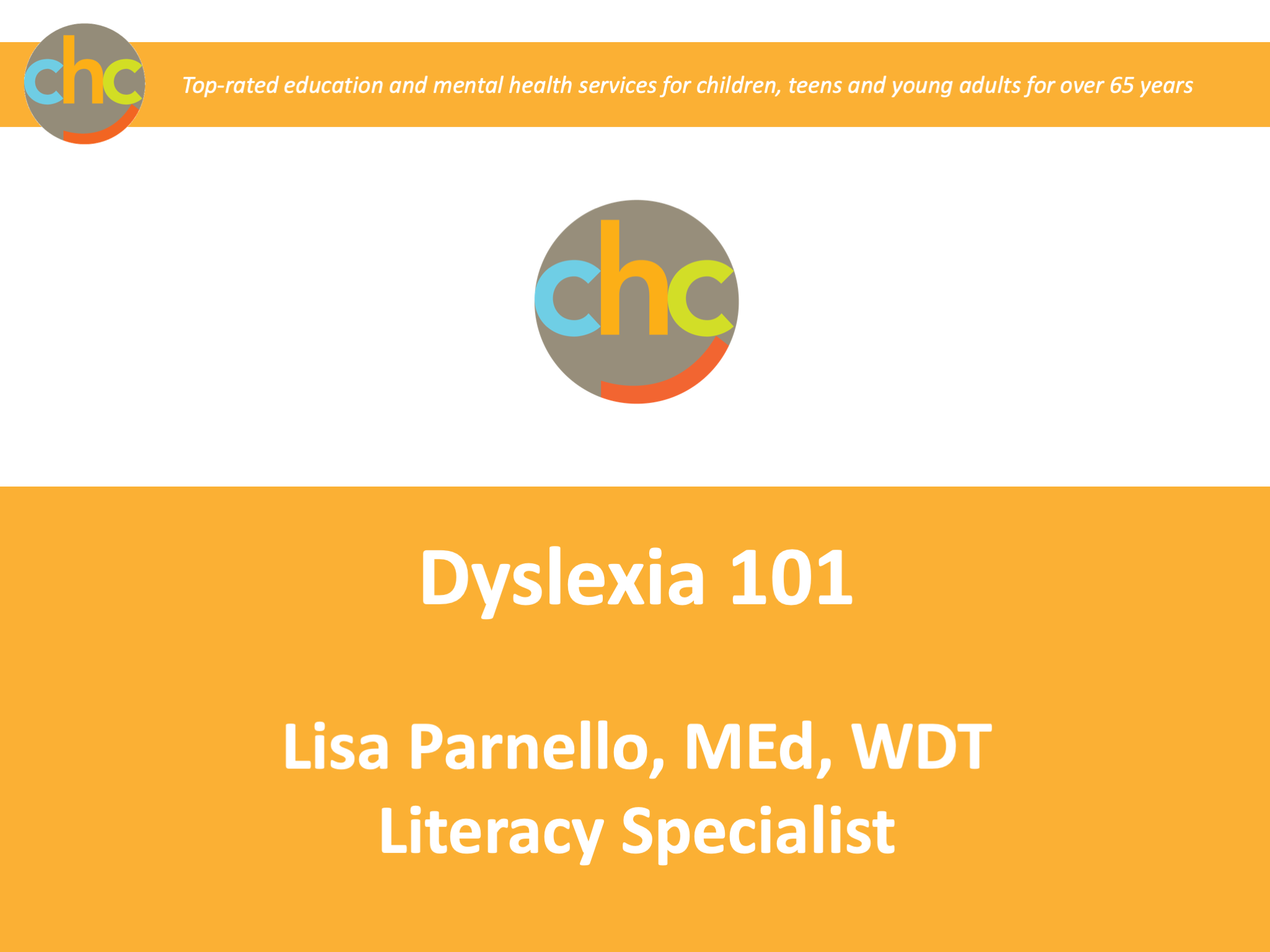Dyslexia Help, an online resource produced by the University of Michigan, addresses some of the popular misconceptions and myths surrounding dyslexia and language-based learning disabilities.
Common Myths
Myth: Smart people cannot be dyslexic or have a learning disability.
Fact: Dyslexia and intelligence are NOT connected. Many dyslexic individuals are very bright and creative who will accomplish amazing things as adults.
Myth: Dyslexia is very uncommon.
Fact: The International Dyslexia Foundation states that between 15% and 20% of the population have a language based learning disability, dyslexia being the most common of these. The United States Department of Health and Human Services estimates that 15% of the U.S. population has dyslexia.
Myth: Dyslexia can be outgrown.
Fact: Dyslexia is a lifelong issue; however yearly monitoring of phonological skills from first through twelfth grade shows that the disability persists into adulthood. Although many dyslexics learn to read accurately they may continue to read slowly and not automatically.
Myth: There is no way to diagnose dyslexia.
Fact: Professionals such as speech-language pathologists who have in-depth training can accurately diagnose dyslexia as early as age 5.
Myth: fMRI brain scan studies show that dyslexics’ brains work differently from those of non-dyslexics.
Fact: When a brain scan is done of someone who struggles to read while he is trying to read, the scan will look different than one of someone who has no trouble with reading. When the first individual is then taught to read properly, his scan will look exactly the same as the second individual’s.
Myth: If you don’t teach a dyslexic child to read by age 9, then it’s too late for them to ever learn how to read.
Fact: It is never too late to improve the reading, writing, and spelling skills of someone with dyslexia.
Myth: People with dyslexia see things backwards.
Fact: Dyslexics do not see things backwards because dyslexia is not a problem with the eyes. Dyslexia may cause people to reverse certain words because of their confusion when discerning between left and right and their difficulties comprehending their reading.
Myth: Gifted children cannot be dyslexic or have a learning disability.
Fact: Many dyslexics have very high IQs and have gone on to accomplish outstanding things in their lives. Many famous authors, researchers, actors and actresses, politicians, athletes, and others from all different professions are dyslexic.
Myth: Schools test children for dyslexia.
Fact: Most public schools will not screen students for dyslexia because federal funding does not require them to find a cause of children’s struggling. A school, however, may test a child with dyslexia to see if he qualifies for special education which he often will not.
Myth: Only children with an IEP can get classroom accommodations.
Fact: Children with 504 Plans can get the same classroom accommodations had children with IEPs. Also, teachers can give classroom accommodations to any student, regardless of whether that student has an IEP or a 504 Plan or not.
Myth: Teachers can’t make accommodations for a dyslexic child because they can’t change the curriculum.
Fact: Accommodations do not alter the curriculum. Accommodations are a slight change in the way a teacher will present new ideas, has students practice new skills, or tests the new subject material. Accommodations change methods of teaching, not classroom material.
Excerpted from “Debunking the Myths about Dyslexia” from the Dyslexia Help website published by the University of Michigan. Read the full list of myths and facts about dyslexia online.
Source: Dyslexia Help | Debunking the Myths about Dyslexia, http://dyslexiahelp.umich.edu/parents/learn-about-dyslexia/what-is-dyslexia/debunking-common-myths-about-dyslexia | © 2022 The Regents of the University of Michigan
If you have concerns about your child or teen, CHC Care Coordinators can arrange a free 30-minute consultation so you can explore options with an expert. We invite you to call or email us at 650.688.3625 or careteam@stage.chconline.org to set up an initial Parent Consultation appointment. CHC teletherapy services are available now.




